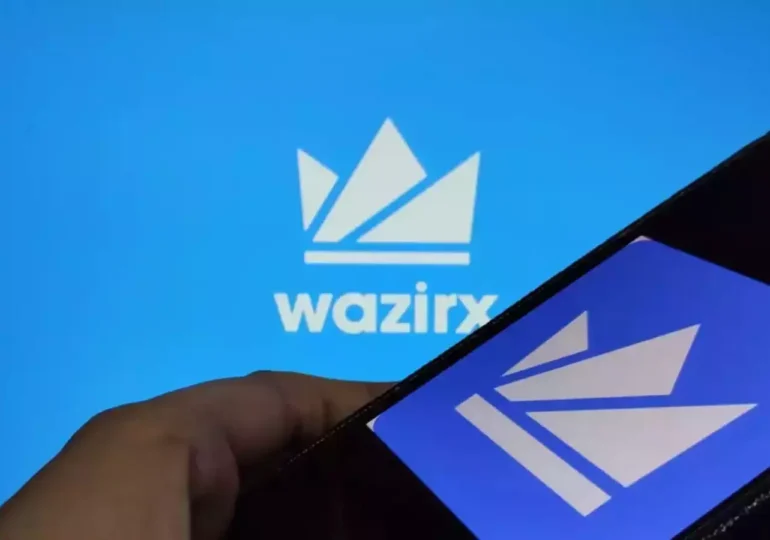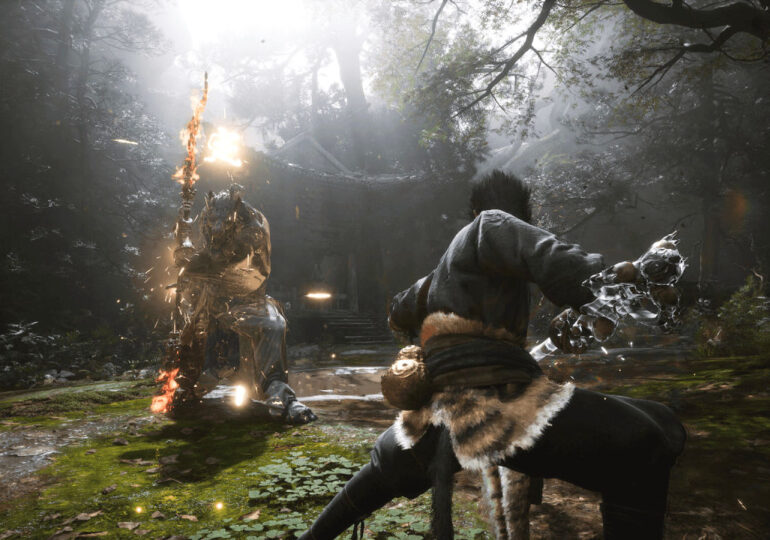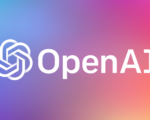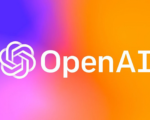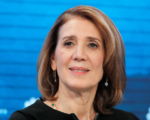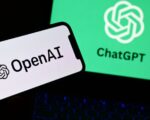OpenAI Plans Restructuring, Giving CEO Sam Altman Equity and Reducing Non-Profit Control
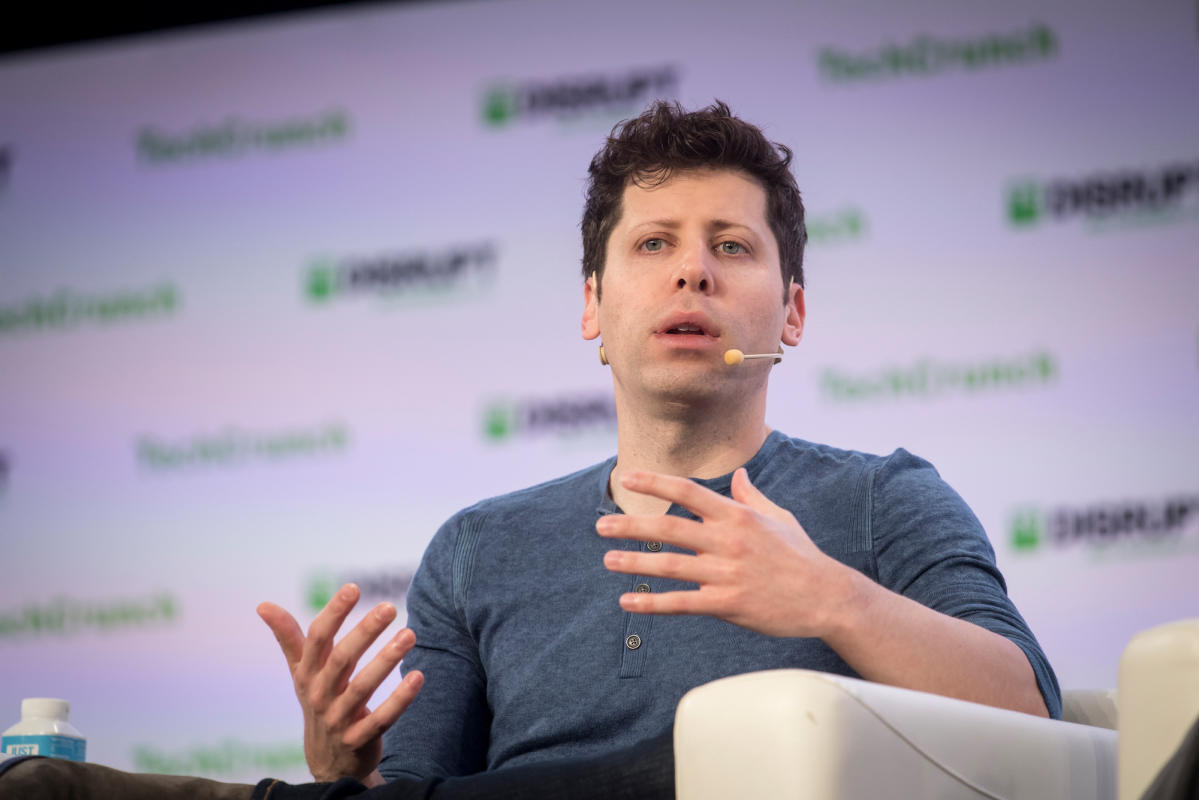
OpenAI, the company behind the widely popular AI application ChatGPT, is restructuring its business to transition from non-profit control to a for-profit benefit corporation, according to insider sources. This significant shift will make the company more attractive to investors. The non-profit arm will continue to exist, retaining a minority stake in the new for-profit entity, but will no longer hold control over it. The restructuring may also impact OpenAI’s governance of AI risks.
Sam Altman, the CEO of OpenAI, is set to receive equity in the company for the first time, which could be worth up to $150 billion. This restructuring may also remove the cap on returns for investors, further enhancing the company’s appeal. Altman, who previously chose not to hold equity, is now positioned to benefit financially from this major corporate shift.
OpenAI, originally founded as a non-profit research organization in 2015, gained global attention with the launch of ChatGPT in 2022. The AI application attracted over 200 million weekly active users and spurred immense interest in AI investments, leading to a surge in OpenAI’s valuation—from $14 billion in 2021 to $150 billion in the latest round of convertible debt financing.
Despite the success, OpenAI has experienced leadership changes. Chief technology officer Mira Murati left the company unexpectedly, while president Greg Brockman has been on leave. These changes, along with the restructuring plan, signal a broader shift within the company’s strategy and operations.
The restructuring moves OpenAI closer to a traditional startup model, resembling the structure of competitors like Anthropic and xAI. However, there are concerns about how this transition might affect OpenAI’s commitment to AI safety. The original governance structure was designed to ensure the safe development of artificial general intelligence (AGI), but with the shift away from non-profit control, some fear the company may lose accountability in managing long-term risks.
The reconfiguration of OpenAI’s governance comes nearly a year after a major internal dispute led to Altman’s brief ousting by the non-profit board. His reinstatement with overwhelming support from employees and investors has since led to a refreshed board, now chaired by former Salesforce co-CEO Bret Taylor. Approval from the nine-member non-profit board will be required for any changes to the corporate structure.
While Altman has previously stated that he has enough money and works for the love of it, this new development will offer him a stake in a company positioned at the forefront of the global AI race. Investors are largely supportive of the shift, as it could provide a clearer path for profitability, but the AI safety community remains cautious about the potential consequences for responsible AI development.



